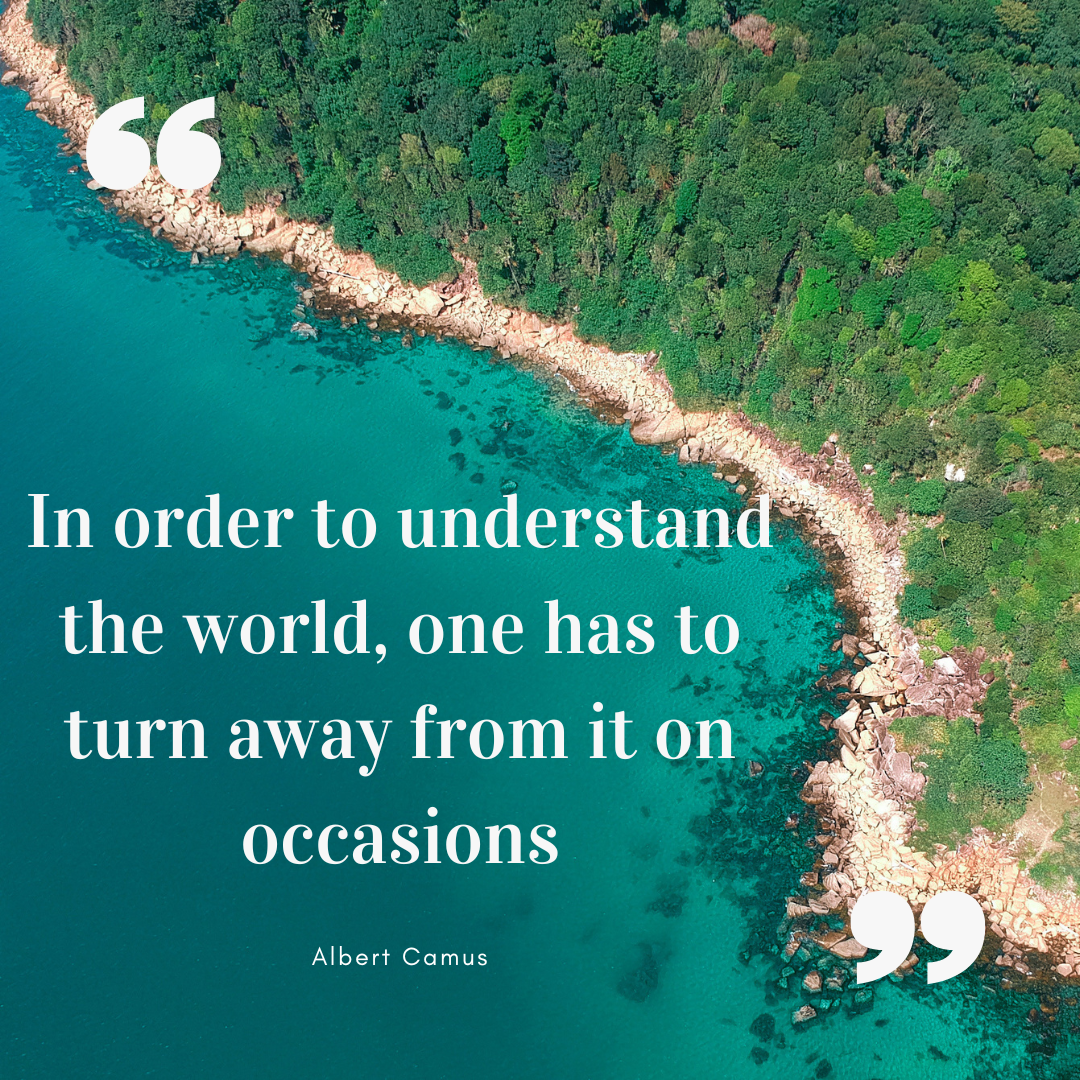A feeling of trust in one’s abilities, qualities, and judgement
Confidence
Confidence is about trust. Self-confidence is about trust in oneself.
Looking inwards
Taking the word ‘confidence’ away for a moment and considering its definition. Trust in one’s abilities can be cultivated through awareness, practice, learning new skills and gained through experience. Trust in one’s qualities, understanding oneself, your values, and getting to know and like who you are. Again, this can be achieved through reflective practice. Judgement, trusting that your thoughts, feelings, opinions are valid and matter. A product of trust in your abilities and qualities.
Looking at it this way, many of us would find that we do have trust in ourselves with regards to our abilities, qualities, and judgement. And if not, know what we need to do to build up that trust.
Yet, even when this definition is logically speaking entirely met within our professional lives, we still feel a lack of confidence from time to time.
Looking outwards
This is where the social world comes in. How we see ourselves depends on how we perceive ourselves to appear to others – a concept known as the “looking glass self”. We build up our self-understanding at least in part through imagining how we appear to others, integrating this with our opinions of others and imagining how others will judge and feel about us.

This means that trusting our own abilities, qualities and judgement is inherently tied to how we perceive others to judge and in a sense our trust in others to see the best in us.
This is linked to our innate need to belong, to connect with and be accepted by the people around us. It is considered to be one of the origins of self-esteem, our appraisal of ourselves, which is closely tied to self-confidence.
Therefore, even when we trust our own abilities, qualities, and judgements we may not trust those around us to appreciate them. This explains why we feel more or less confident depending on our audience.
When we know people well, we tend to become more confident around them as we build up trust in the way in which they will respond to what we say or do. With some people, this takes time, with others we build rapport quickly and feel comfortable in their company. This is why investing time in building one to one relationships with our network can be so helpful to building confidence in our interactions with them. This explains why it is much easier to feel confident presenting to a group of individuals if you have a few friendly faces in the room.
Another contributing factor is our natural inclination to draw comparisons with others. When we interact with senior colleagues, we often have an unhelpful picture of what people at the top are really like. We perceive and judge them based on how they appear on the outside which creates an excessive expectation of what we need to be like to be confident. When we look at oneself, we see everything – all our experience, learning and every mistake we made along the way. When we look at others, we see the external picture and we fill in the gaps often extrapolating what we see on the outside to the inside.
As confidence is a product of trust. To build self-confidence we need to learn to trust ourselves and build trust in those around us.
References
Festinger, L. (1954). A theory of social comparison processes. Human Relations, 7, 117-140
Hogg & Vaughan (2010) Essential of Social Psychology
Botton (2019), The School of Life – An emotional education



